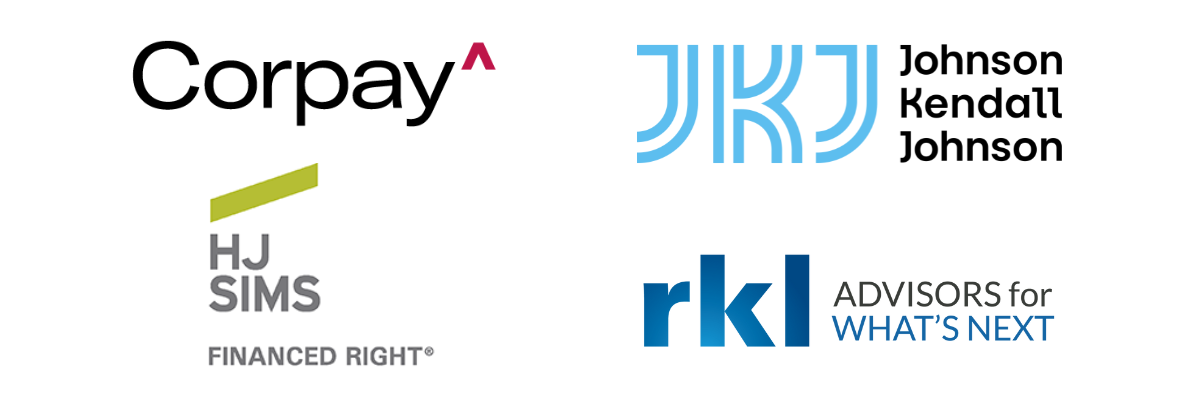Fall Finance Conference
.png?sfvrsn=bf637df4_0&MaxWidth=546&MaxHeight=300&ScaleUp=false&Quality=High&Method=ResizeFitToAreaArguments&Signature=6F258400BC9CDB749E6115438D062ADA2B12E900)
Save the Date | October 7 - 8, 2026 | Manheim, PA
Thank you for attending the Fall Finance Conference!
Sponsored by:

Does your job involve senior living finance, technology, or strategic planning?
This conference is for you!
"The content is relevant for finance leaders and I appreciate the opportunity to network with my peers.”-2025 Fall Finance Conference Attendee

Questions? Contact Heather Bleiler at hbleiler@leadingagepa.org or Wendy Johnson at wjohnson@leadingagepa.org
If you would like to get involved by joining a volunteer task force or committee, click here.
Interested in sponsorship opportunities? Click here

